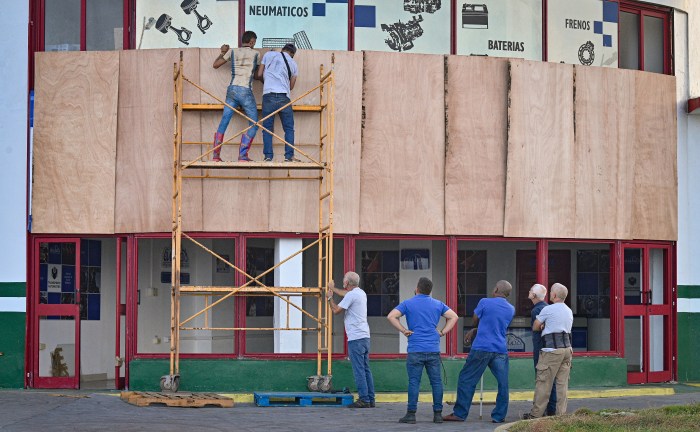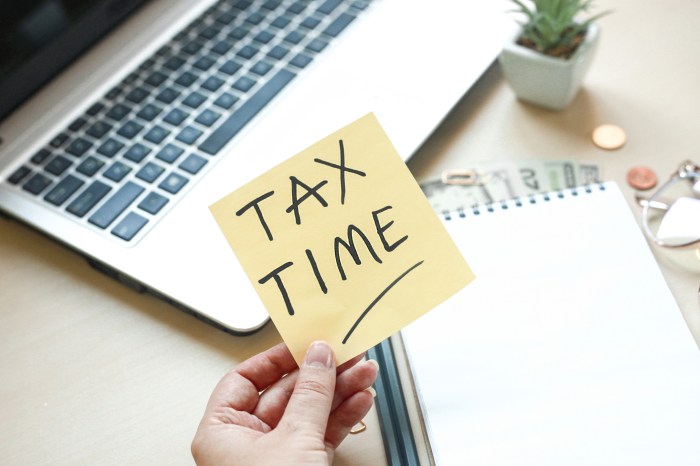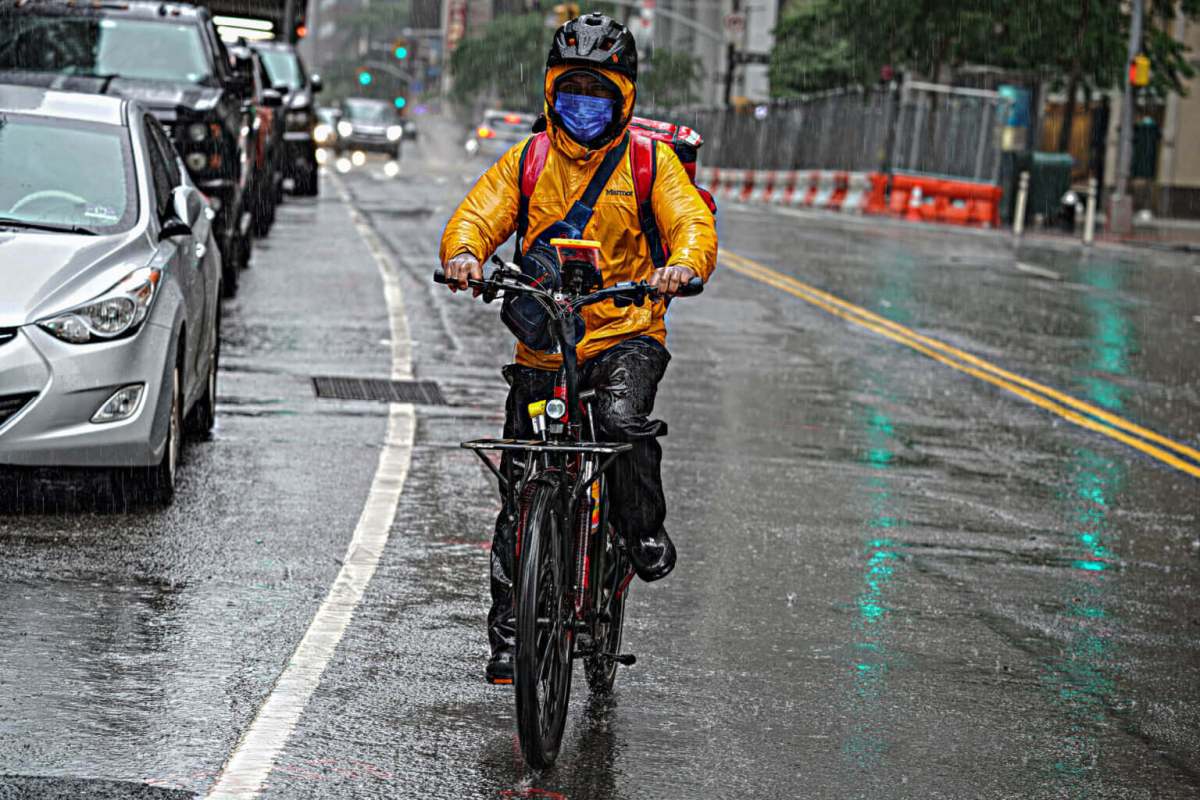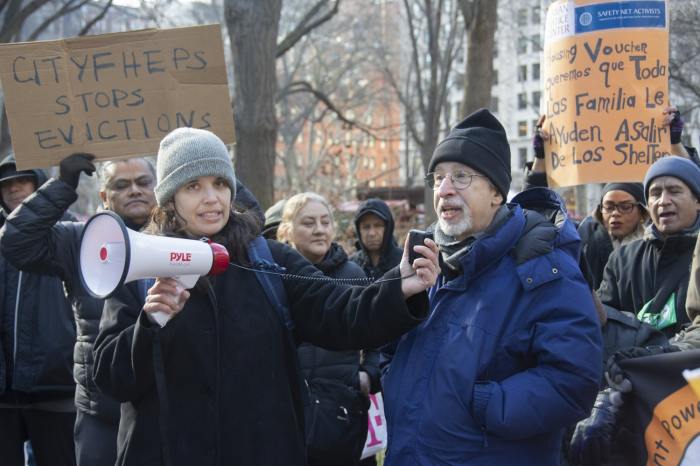The United States says its working-level representatives and their Cuban counterparts have held a technical meeting in Havana, Cuba to exchange information and best practices related to preventing cybercrime and online fraud.
The U.S. Department of State said on Wednesday that the Feb. 22–23 talks included areas of pharmaceutical fraud and illicit narcotics.
Delegates also discussed the legal framework for investigating and penalizing cybercrime, the State Department said.
Additionally, it said participants held a session on protecting children from online predators.
Assistant Deputy Associate Director Alexis Torres from U.S. Immigration & Customs Enforcement’s Homeland Security Investigations (ICE-HSI) led the U.S. delegation, the State Department said.
The talks were held as U.S. President Barack Obama and the First Lady plans to travel to Cuba on March 21 and 22 and Argentina on March 23 and 24, the White House said last week.
“In Cuba, the president will work to build on the progress we have made toward normalization of relations with Cuba — advancing commercial and people-to-people ties that can improve the well-being of the Cuban people, and expressing our support for human rights,” the statement said.
In addition to holding a bilateral meeting with Cuban President Raul Castro, President Obama will engage with members of civil society, entrepreneurs and Cubans from different walks of life, the White House said.
“This historic visit — the first by a sitting U.S. president in nearly 90 years — is another demonstration of the President’s commitment to chart a new course for U.S.-Cuban relations and connect U.S. and Cuban citizens through expanded travel, commerce, and access to information,” the statement said.
In Buenos Aires, the president and first family will meet with the new Argentine President, Mauricio Macri, to discuss President Macri’s reform agenda and recognize his contributions to the defense of human rights in the region.
“The President will deepen efforts to increase cooperation between our governments in a range of areas, including trade and investment, renewable energy and climate change, and citizen security,” the statement said.
It has been nearly two decades since the last bilaterally focused visit by a U.S. president to Argentina, Latin America’s third largest country.





















